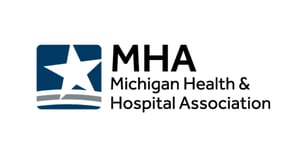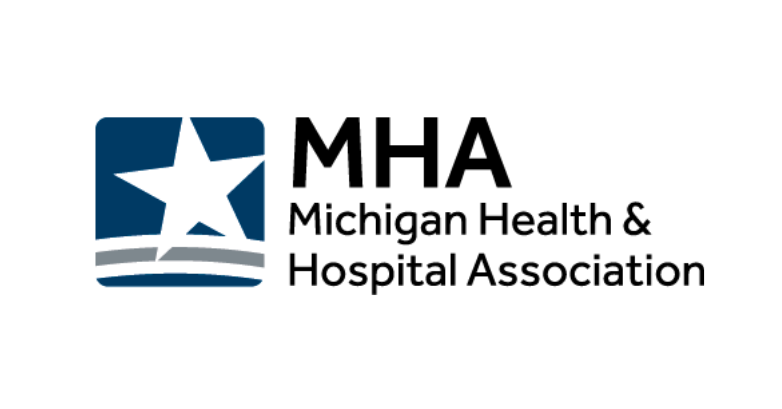
LANSING, Mich. — Manufacturing delays at several pharmaceutical companies are causing nationwide shortages of two critical chemotherapy medications – forcing Michigan hospitals and health systems to find alternative treatments for patients, some of which may be less effective. The two drugs are cisplatin and carboplatin and are used to treat several types of cancer, including bladder, lung, ovarian, and testicular cancers. The shortage of these chemotherapy drugs is widespread across the country, impacting hospitals throughout all regions of Michigan.
Both drugs are provided by healthcare providers as injections to oncology patients. The shortage of cisplatin was originally reported to the U.S. Food & Drug Administration (FDA) on Feb. 10, 2023, while carboplatin was reported on April 28, 2023. Both shortage durations are expected to last at least into June 2023.
To reduce the impact of shortages on patients, hospitals are trying many different solutions, including managing existing supply, seeking alternative sources for drugs in short supply, adjusting chemotherapy regimens for impacted patients, and working with healthcare systems, as well as state and federal officials, to mitigate these challenges.
“The priority of hospitals is delivering the right care to every patient, every time,” said MHA CEO Brian Peters. “Drug shortages severely hamper a hospital’s ability to provide patients with the best treatment, while forcing hospitals to implement strategies that may increase the cost of care and sometimes do not offer the same effectiveness in treatment.”
This current shortage follows a national trend of drug shortages impacting healthcare providers for years. A survey of medical oncologists published in the New England Journal of Medicine found 83% were unable to prescribe their preferred chemotherapy agent due to shortages.
The MHA supports the following strategies that will address the issue:
- Relaxing prior authorization requirements from health insurers for alternative therapies so they can be widely used, as appropriate.
- Establishing an early warning system to help avoid or minimize drug shortages.
- Removing regulatory obstacles faced by manufacturers and the FDA as a way of averting or mitigating drug shortages and allowing drug imports.
- Improving communication with healthcare providers, including extent and timeliness of information. There often is no transparency on the cause of a drug shortage and many shortages occur with generic drugs.
- Exploring incentives to encourage drug manufacturers to stay in, re-enter or initially enter the market.
Patients concerned about the impact of this drug shortage should contact their healthcare provider.
About the MHA
Based in greater Lansing, the MHA advocates in Michigan and Washington, DC, on behalf of healthcare providers and the communities and patients they serve. The MHA is a nationally recognized leader on initiatives that protect and promote quality, cost-effective, and accessible healthcare. To learn more, visit www.mha.org or follow the MHA on Facebook and Twitter.
###














